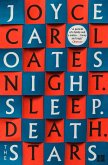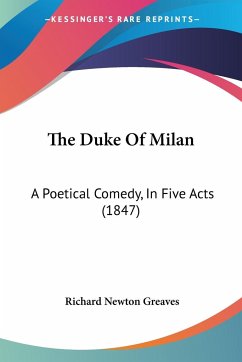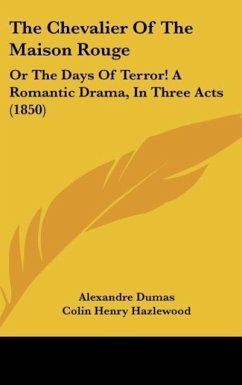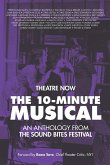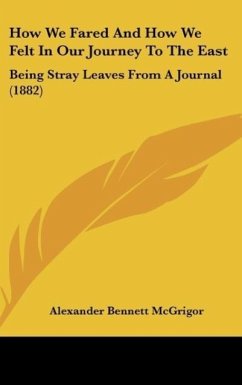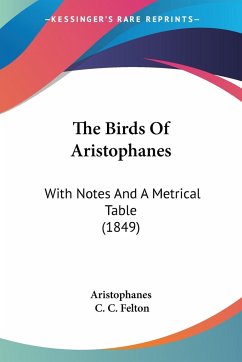The Journey is a theatre play inspired by some of the concepts of The Divine Comedy, which is a long narrative poem written by Italian poet Dante Alighieri in the early 1300. The poem has an imaginative vision of the afterlife, and describes Dante's travels through the three places: Inferno, Purgatory and Paradise, while allegorically the poem represents the soul's journey towards God. The poem is also a representation of the medieval Western world view of Christianity. The conception of the poem also helped the development of the Western Church in the 14th Century. The Journey follows a personal journey through the afterlife lived by David Baikie, an Australian war veteran who hit the bottom of suicidal depression in his early 30s. Using the structure of the poem, the play is also divided into three parts: Inferno, Purgatory and Paradise, and underlines David's fears, emptiness, distress and suicidal thoughts during his time in the Army, and the recognition of the worst time of his life, just after leaving the Army, due to his illness. The message of the play serves to show awareness to suicide and depression, and the horrible feelings and thoughts that go along with it and that affect most people in our contemporary world. Our culture is haunted by the unholy ghost of suicide; the ones who surrender are mercilessly judged by society, and those who don't are at risk of contagion. How, then, do we help those on the edge of self-destruction? Through theatre. The human spirit is magnificently resilient. Choice is a signature of our species. We choose to live, and sometimes we choose to die, but most times we make choices just to prove choice is possible. Looking at suicide through theatre, and accepting there is a choice, it is a good choice. In Dante's work, Virgil, the Roman poet who takes Dante through his journey, is presented as the human reason. Beatrice, Dante's ideal woman, is presented as the divine knowledge. In the play, the leading role of Dante is played by David Baikie, who had recently discovered theatre as an art form of surviving and a life-changing experience. Virgil still symbolises the reason who constantly checks on Dante's thoughts, showing him what he would have found on his way out of this life, if he actually had left earlier. Beatrice, in the play, represents the true love, an almost spiritual sense of love that has not much to do with the love as we know it, but the love that is higher than our consciousness can possibly reach. The Divine Comedy tells Dante's journey through the three realms of the dead. Virgil guides Dante through Hell and Purgatory, and Beatrice guides him through Heaven. Beatrice was a Florentine woman Dante had met in childhood. He admired her from afar in a courteous love tradition way. In The Journey, Dante/David walks the dark road of hell, recognizes the sacrifice and lessons of Purgatory, and finally, in Paradise, he understands the reason we all are - and must be - alive in our own time. That surrounded by love and small acts of everyday heroism towards other people, we can actually choose to survive the darkness and to find light.
Hinweis: Dieser Artikel kann nur an eine deutsche Lieferadresse ausgeliefert werden.
Hinweis: Dieser Artikel kann nur an eine deutsche Lieferadresse ausgeliefert werden.

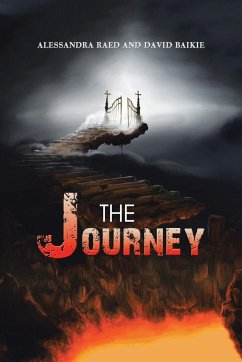
![News of the World [Movie Tie-In] News of the World [Movie Tie-In]](https://bilder.buecher.de/produkte/59/59179/59179588m.jpg)
